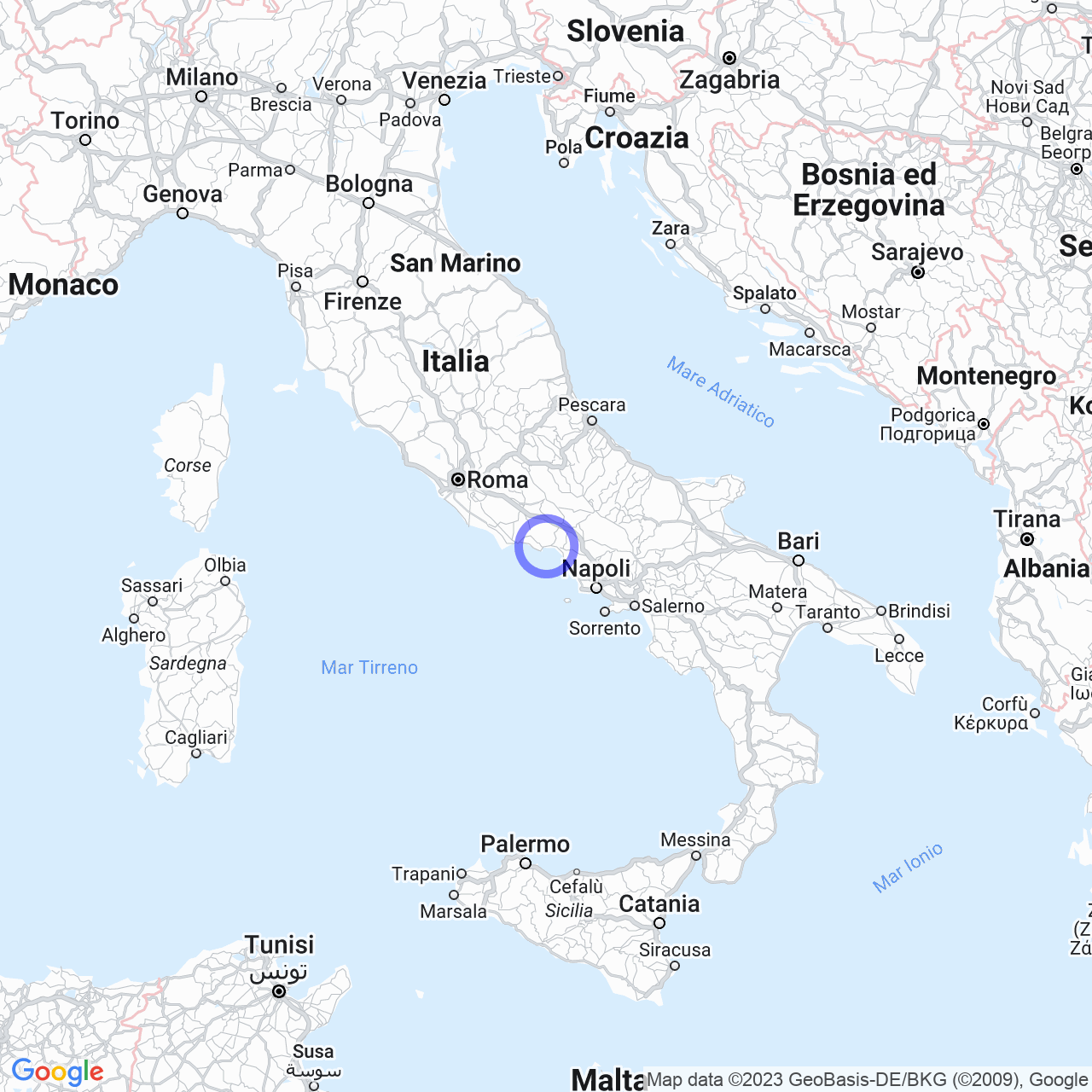Cicerone
The life and works of Marcus Tullius Cicero
Biography
Marcus Tullius Cicero, one of the most important figures in Roman history, was born on January 3, 106 BC in Arpino, a small town in Italy near the Fibreno river. Cicero belonged to the equestrian class and his family was considered affluent.
Cicero began studying Greek and Latin from a young age, and thanks to his passion for ancient Greece, he acquired a vast knowledge of Greek philosophy. He began writing early on, and his extensive literary production, ranging from philosophy to rhetoric, soon became an example for all authors of the 1st century BC.
In addition to his writings, Cicero was also a prominent politician during the last years of the Roman Republic, and his crucial role in defending the republic against the subversive attempt of Lucius Sergius Catilina earned him the title of "pater patriae," father of the country.

Youth
Cicero spent his youth in Arpino, where he studied with the best teachers of the time, acquiring a deep knowledge of Greek and Latin languages. Although his family belonged to the equestrian class, they were considered affluent, which allowed Cicero to have access to the best education possible.
During these years, Cicero showed an early inclination for writing and philosophy, and thanks to his admiration for ancient Greece, he acquired a vast knowledge of Greek philosophy.
His work
Cicero was one of the most important writers of antiquity, and his extensive literary production ranged from philosophy to rhetoric, including politics and oratory. He was also one of the main promoters of Latin culture, and thanks to his dedication to creating a Latin philosophical lexicon, the Romans could acquire a better knowledge of Greek philosophy.
His most important works include the "Letters," particularly those to his friend Titus Pomponius Atticus, which contain numerous reflections on politics and society of the time, and offer a precious portrait of the life of the Roman aristocracy.
His political life
Cicero spent much of his life in the service of the Roman Republic, representing one of its major defenders in the fight against the forces of the Augustan Principate. He was a man of great intelligence and culture, and his contribution to Latin politics and culture was enormous.
After saving the Republic from the subversive attempt of Lucius Sergius Catilina, Cicero played a crucial role in the "Optimates" faction, staunchly defending a republic that had already reached its last breath.
Conclusions
In summary, Marcus Tullius Cicero was one of the most important men in Roman history, a great writer, politician, and philosopher who decisively contributed to Latin culture. Thanks to his extensive literary production, dedication to creating a Latin philosophical lexicon, and political activity, Cicero was a man who left an indelible mark on the history of ancient Rome.
